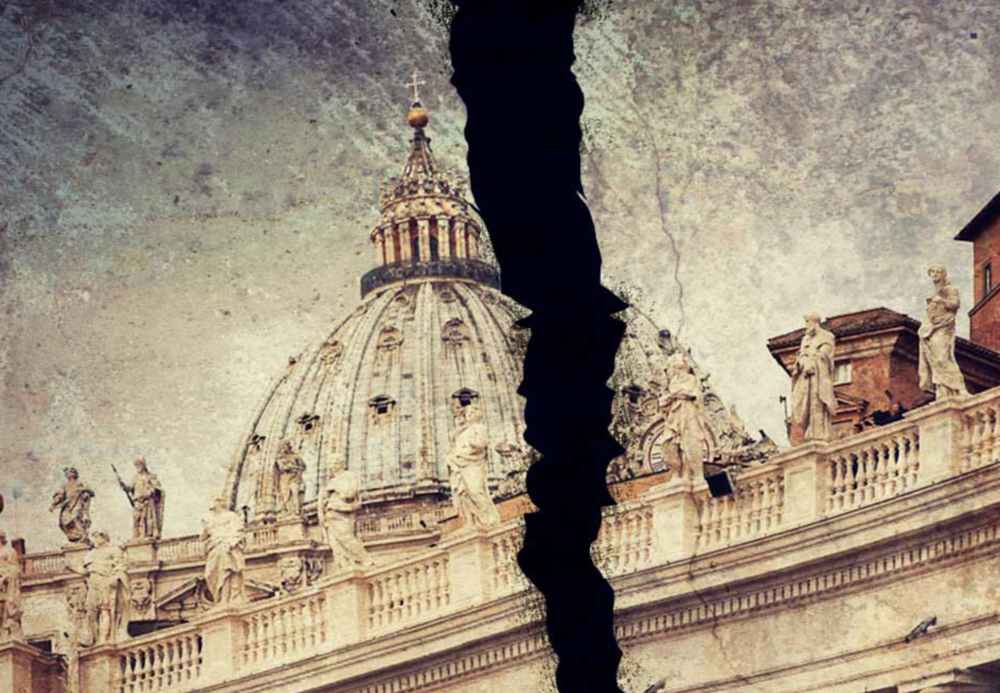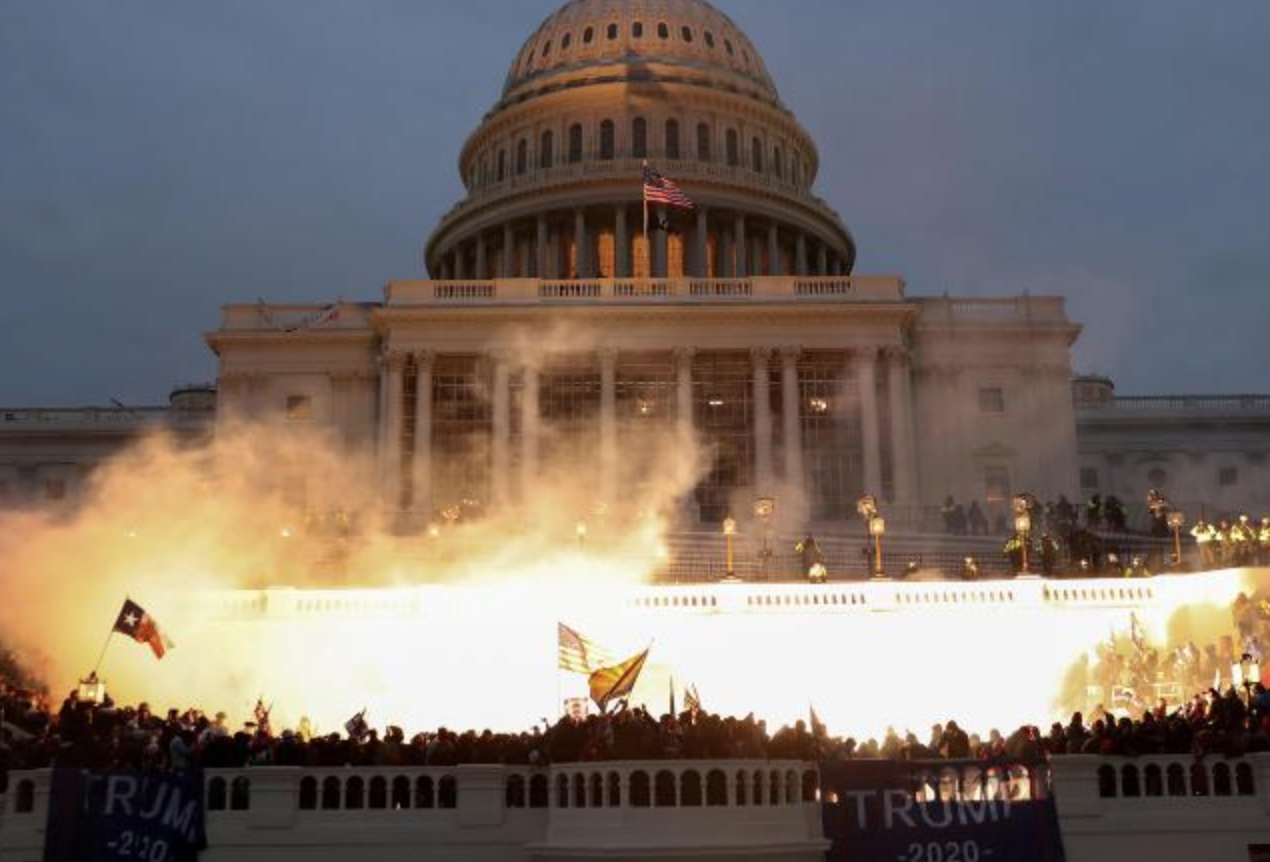Before diving into the valid religion-angle hooks in the life and career of Speaker of the House Mike Johnson, please allow me to address that “election denier” thing, since I am a pedigreed (nod to Religion News Service editors) #NeverTrump, #NeverClintonBiden voter.
Yes, I have closely followed election-denial issues from 2016, when the deniers were elite Democrats haunted by Russia ghosts. Ditto for 2020, when the deniers were Republicans, who kept losing court cases — even when the judges were selected by Donald Trump. I do think Big Tech efforts to cancel hot news stories affected the election (but maybe not, since the nation seems frozen 50-50 in red/blue concrete).
Truth is, I am more interested in Johnson’s First Amendment activism than I am in Trump stuff. “First Amendment,” of course, means religious liberty, free speech and freedom of association. Is Johnson concerned about religious liberty for all or for some? His legal career should include on-paper info on that.
Meanwhile, the mainstream coverage of his surprise election stressed his “anti-gay” work and related religious convictions. On X, I tweeted a question: “Does anti-gay rights mean pro-First Amendment?”
Everything you need to know on press views of that can be found in this double-decker headline at the New York Times, serving as a kind of editorial memo to the news industry as a whole:
For Mike Johnson, Religion Is at the Forefront of Politics and Policy
The new House speaker has put his faith at the center of his political career, and aligned himself with a newer cohort of conservative Christianity that some describe as Christian nationalism.
Obviously, “Christian nationalism” is currently one of the hot terms in journalism. Also, it’s clear that many journalists are concerned about the success that Alliance Defending Freedom lawyers are having at the U.S. Supreme Court and elsewhere. Again, there is a crucial question there: Is this First Amendment group winning victories for a variety of religious minorities?
The Times editors simply went with this, stating that Johnson spent time as a “lawyer and spokesman for the anti-abortion and anti-gay rights group Alliance Defense Fund.” Of course, that puts him in interesting company — with Times columnist David French (whose First Amendment work I have admired for two decades).
It’s important to know that Johnson declined a Times interview request. I think that he should have done that interview, with an agreement that he could post a transcript online. Would the Times have agreed? The speaker should test that.










